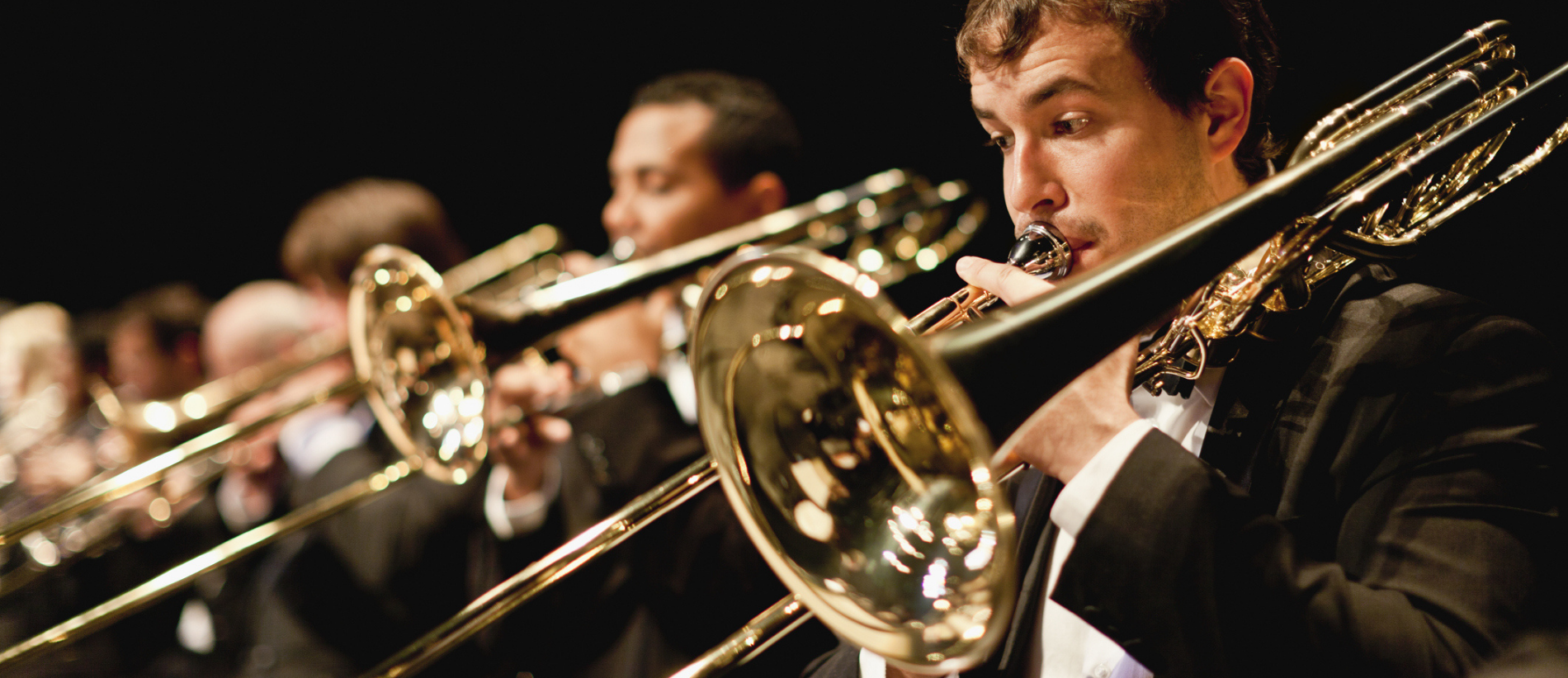The UK Court of Appeal has upheld a 2018 High Court decision and ruled that the Royal Opera House failed to take sufficient steps to protect viola player Christopher Goldscheider against hearing damage during a 2012 rehearsal of Wagner’s Die Walkure.
“The Court of Appeal decision suggests that music event organisers need to put processes in place to assess and anticipate sudden rises in noise levels and take reasonable steps to prevent injury resulting from it,” says Tom Maughan, Claims Executive/Vice President at Lockton.
In the lawsuit, Goldscheider alleged that whilst participating in a rehearsal for a Wagner opera in September 2012, he suffered from “acoustic shock” in the right ear despite wearing earplugs with 25dB attenuation provided by his employer. Goldscheider sat “immediately in front of the trumpets,” according to the court filing.
The Royal Opera House had a considered policy on performance noise exposure risk having worked with the Health and Safety Executive (HSE). Over the years their policy evolved into the musicians wearing individual earplugs whenever the music was loud. It was the claimant’s case that more could have been done.
On 28th March 2018 the High Court found it should have been compulsory for all of the orchestra to wear hearing protection all of the time during rehearsals and performances.
“This would likely have had significant consequences for the music industry,” Maughan said. “Having to wear hearing protection all of the time would remove the musicians’ ability to interact with the music and other musicians without any allowance for reasonable practicability and effectively turning the orchestra pit into a compulsory hearing protection area all of the time,” he notes.
The Court accepted the claimant’s case that “acoustic shock” may occur at levels of exposure as low as 82dB. Given the ramifications the findings were appealed.
“Whilst the Court of Appeal did not overturn the liability decision in the claimant’s favour it was upheld on much narrower grounds,” Maughan says. “Crucially, the Court of Appeal overturned the High Court finding that the Noise at Work Regulations required the employer to enforce the blanket wearing of hearing protection at all times during the course of a rehearsal or performance if exposure was likely to be above 85dB”.
This has been welcomed by the music and entertainment sector as it would not be reasonably practicable to perform while wearing hearing protection all of the time.
“There remain concerns with the High Court finding from a defendant perspective around medical causation for ‘acoustic shock’ (which is a new concept and poorly understood) at low noise exposure levels below statutory levels for randomly occurring sounds,” Maughan adds.
For further information please contact:
Tom Maughan - Claims Executive | Vice President
Direct Tel: + 44 (0) 121 232 4589 | E-mail: tom.maughan@uk.lockton.com (opens a new window)
